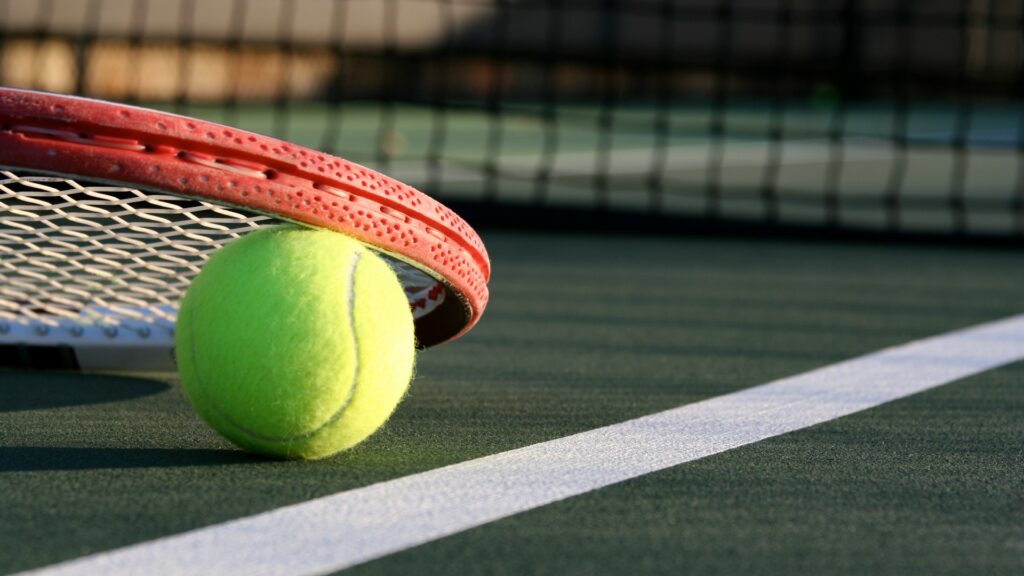The P-1A visa is a temporary, employment-based nonimmigrant option available for athletes to compete, perform and tour in the U.S.
Foreign nationals in all recognized sports are eligible to apply for the P-1A nonimmigrant visa and it is frequently used by boxers; race car drivers; MMA fighters; golfers; hockey, lacrosse, soccer, esports, tennis and baseball players; and more.
Below is further information about the P-1A nonimmigrant visa.
P-1A nonimmigrant visa eligibility criteria
The P-1A nonimmigrant visa is usually available for both individual athletes, and members of certain teams or groups.
In some circumstances, minor league athletes, and amateur athletes or coaches can be approved for a P-1A visa. Theatrical ice skaters are also oftentimes eligible in the visa category.
Individual athletes can qualify for a P-1 visa by showing they are coming to participate in a competition at an internationally recognized level of performance. This can be achieved by noting the athlete’s international recognition.
Internationally recognized athletes must:
- Have a high level of achievement in their sport
- Have provable “skills and recognition substantially above that ordinarily encountered”
- Be “renowned, leading or well-known in more than one country”
- Take part in competitions that “have a distinguished reputation and be at an internationally recognized level of performance”
Athletes seeking a P-1A visa as part of an internationally recognized team must be part of a league with six or more members with a revenue that is more than $10 million per year.
Visa holders in P-1 status are limited to employment in the area in which they received visa approval. For instance, a boxer with a P-1A visa cannot, for example, receive compensation for private coaching during their offseason or spare time.
Application process and required evidence
Foreign nationals seeking a P-1A visa must have their U.S. employer, agent or sponsor complete the Form I-129, Petition for a Nonimmigrant Worker, and submit evidence to United States Citizenship and Immigration Services (USCIS) which supports their qualifications as either an internationally recognized or professional athlete, and details their activity in the U.S. in the form of a contract.
Examples of supporting evidence includes:
- Participation in any amateur or professional internationally recognized events such as the Olympics, Junior Olympics, Pan American Games, European Championships, etc.
- Participation in any amateur or professional national events
- Participation with or against any national teams
- Previous participation with or against any U.S. professional or NCAA teams
- Any international rankings, if applicable
- Professional and/or amateur competitive records
- Any media coverage of past competitions or performances
- Any individual or team awards
- Copies of written, or summaries of verbal, agreements or contracts
Please note: The above is not a comprehensive list of supporting evidence that can be submitted to USCIS. Please consult with experienced immigration counsel to learn more about the P-1A visa application process and necessary documentation.
P-1A nonimmigrant visa length of stay
Foreign nationals outside the United States must apply for a visa at an embassy or consulate following the USCIS approval of their P-1A visa petition.
P-1A visas are initially granted for the period of time “needed to complete the event, competition or performance,” which cannot exceed five years. Extensions of stay are available in increments of up to five years, with a total maximum 10-year validity period.
P-1S visas for “essential support personnel”
“Essential support personnel” of P-1A athletes can apply for a P-1S visa.
Essential support personnel must assist the athlete’s ability to perform in their role and could include coaches, front office staff, scouts, trainers, promoters, referees, analysts, chefs, dieticians and more.
The foreign national P-1S applicant must file a separate Form I-129, Petition for a Nonimmigrant Worker, and their petition must include:
- Proof of their expertise “in the area of the essential support” skill
- Statement documenting their prior and current experience with the applicable athlete and/or team
- Contract (written or summary of oral agreement) with applicable employer
The P-1S applicant can file their Form I-129 concurrently with the primary beneficiary or at any point after the athlete has received their visa.
The P-1S visa is initially granted for a maximum of one year, and can be extended in five-year increments, for a maximum of 10 total years.
P-4 visas for dependents
Dependent children (less than 21 years of age) and spouses of P-1A visa holders can receive authorization to enter or remain in the United States on P-4 nonimmigrant status.
Foreign nationals in P-4 status are not authorized to work in the U.S., but can attend school, and/or a college or university.
Foreign nationals outside the United States can apply for P-4 status concurrently with the primary P-1A beneficiary. Those already inside the U.S. may file a Form I-539, Application to Change/Extend Nonimmigrant Status. P-4 status is granted for the same length of stay as the primary P-1A beneficiary’s visa.
Other options for professional athletes
Other nonimmigrant options for professional athletes could include B-1 visitor, H-2B, or O-1A extraordinary ability visas, depending on circumstances, while collegiate athletes may be eligible to apply for F-1 status.
Professional athletes also could be eligible for an immigrant visa (permanent residence/green card) in the EB-1A, EB-2 or EB-3 categories.
Please contact the attorneys at Garfinkel Immigration Law Firm to learn more about immigration options for professional athletes.

